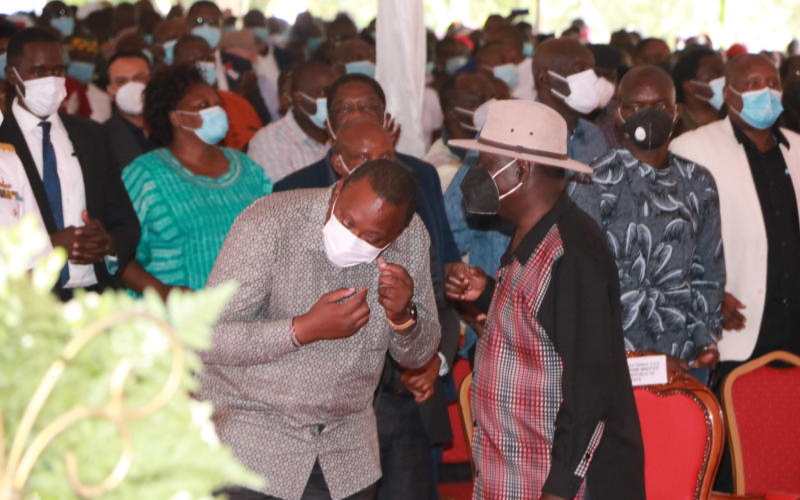×
The Standard e-Paper
Smart Minds Choose Us

President Uhuru Kenyatta and ODM leader Raila Odinga’s proposal for a rotational presidency has continued to elicit mixed reactions across the country.
While a section of leaders believe it’s the only way to address ethnic balkanisation especially during elections, others argue that the Constitution is clear on how Kenyans elect their commander-in-chief.